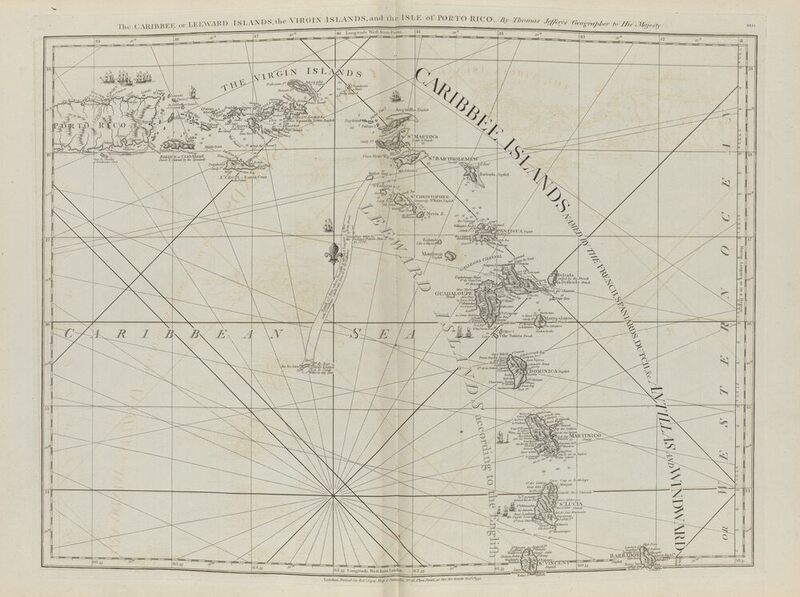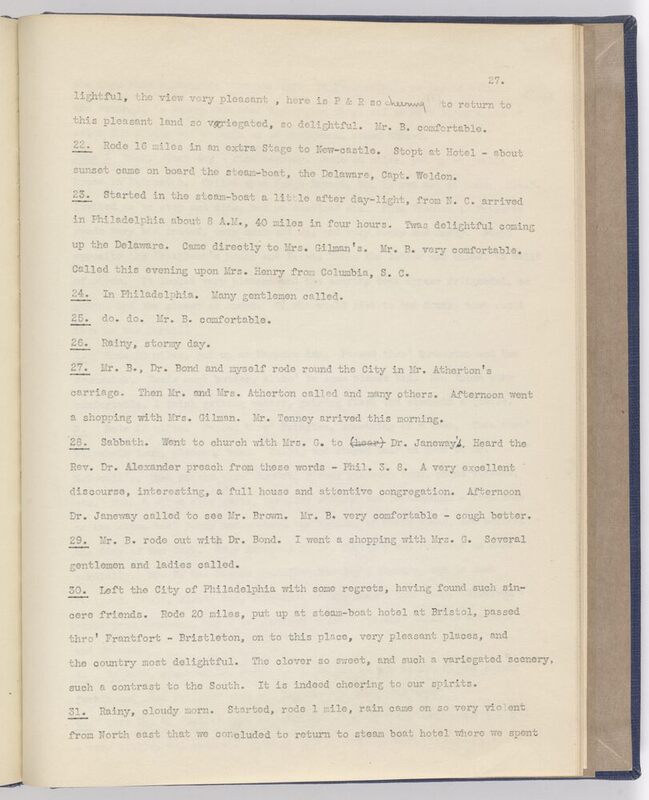From St. Pierre to Hanover
Rev. Edward Mitchell 1828 (1792–1872), the first person of African descent to graduate from Dartmouth, in 1828, was an immigrant from the French slave colony of Martinique. Born to Olive, a free “mulâtresse,” and an unnamed Frenchman, he was raised in the Island’s vibrant cultural and commercial life of St. Pierre, the “Paris of the Antilles.” With aspirations to be a ship captain, Mitchell left the Island in 1810 with Captain William Prentiss of Portland, Maine. While based in Portland and living with the Prentiss family, Mitchell suffered a near-death experience at sea and sought religious guidance from two prominent clergymen, Revs. Edward Payson and Nathan S.S. Beman. Offered a path to salvation through God, he abandoned the sea and went to Philadelphia in 1811.
Mitchell had good reasons to come to Philadelphia. The city’s free blacks numbered 20,000 and included leaders of the earliest independent African Methodist and Episcopal churches. Mitchell broke bread with these leaders and served on their councils. He was baptized and mentored by Rev. William Staughton, a prominent white Baptist minister who became president of Washington University. Mitchell married in 1816 but lost his wife and family two years later. Left adrift, he prayed for guidance and trusted in God’s providence.
In 1820, Mitchell had a fateful encounter with Dartmouth President Francis Brown, who had traveled South with his wife in hopes of recovering from a progressive illness. Homeward bound by horse and buggy with her husband, Francis Gilman Brown, wrote in her diary on May 20, 1920:
In Philadelphia we parted with Mr. T. who returned to Georgetown near Washington City, and we hired a man of color for a year who attends us on horseback, named Edward.


